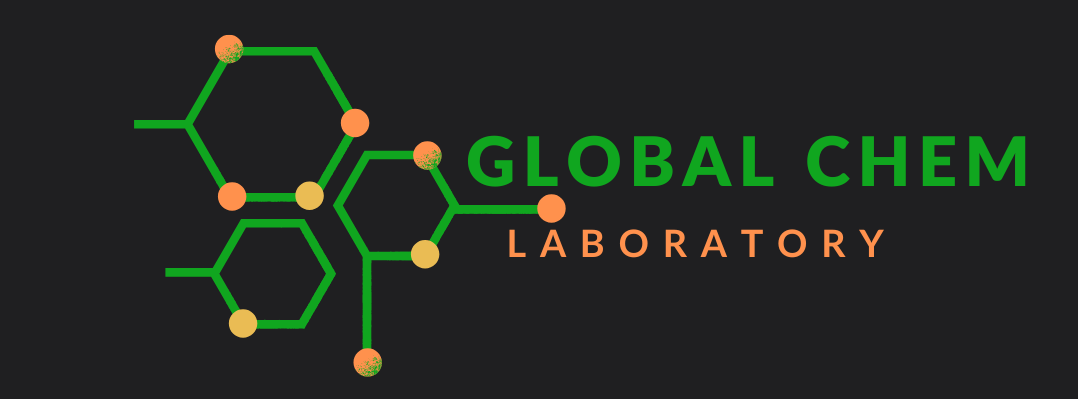Top Safety Guidelines for Handling Research Chemicals
Handling research chemicals requires strict adherence to safety protocols to protect researchers, the environment, and the integrity of experiments. Research chemicals, often newly synthesized or highly specialized, pose unique risks due to their potentially unknown properties. By following these top safety guidelines, labs can minimize hazards and promote a secure working environment.
Why Safety is Crucial in Handling Research Chemicals
Safety in handling research chemicals is paramount because many of these substances are untested or not fully characterized. Their chemical and physical properties may lead to unforeseen reactions, making it essential to adopt comprehensive safety measures.
Additionally, improper handling can result in health hazards, environmental contamination, or damage to valuable equipment. Global Chem Lab, a leader in providing research chemicals, ensures all products are shipped with proper safety documentation to facilitate compliance with these guidelines.
Top Safety Guidelines for Research Chemicals
1. Understand the Chemical Properties
Before handling any research chemical, it is vital to familiarize yourself with its:
- Material Safety Data Sheet (MSDS): Provides detailed information on hazards, safe handling, and first aid measures.
- Chemical reactivity and stability: Identify any potential reactions with other substances or environmental factors like heat and light.
Always ensure the chemical is labeled accurately and stored in the appropriate container.
2. Use Personal Protective Equipment (PPE)
The correct use of PPE is essential to minimize exposure to harmful substances. Standard PPE includes:
- Gloves: Resistant to the specific chemical being handled.
- Safety goggles or face shields: To protect against splashes or fumes.
- Lab coats or aprons: Made of chemical-resistant materials.
Proper training on how to wear and dispose of PPE is equally important.
3. Work in a Controlled Environment
Conduct all experiments in a well-ventilated or controlled environment, such as:
- Fume hoods: To safely manage volatile or hazardous fumes.
- Chemical storage rooms: Designed to prevent cross-contamination and maintain temperature stability.
Never handle chemicals in areas not designated for laboratory work.
4. Implement Proper Storage Practices
Store research chemicals in accordance with their specific requirements. Key considerations include:
- Segregation: Separate incompatible chemicals to avoid accidental reactions.
- Labeling: Ensure clear labeling with hazard symbols and expiration dates.
- Temperature control: Maintain required storage temperatures to prevent degradation or reactions.
For example, some chemicals provided by Global Chem Lab, such as 4-HO-MET FUMARATE, require temperature-sensitive storage to retain their stability.
5. Dispose of Chemicals Safely
Proper disposal of research chemicals is crucial for environmental safety. Follow these steps:
- Use designated chemical waste containers for specific categories, such as acids, solvents, or biological materials.
- Follow local regulations for hazardous waste disposal.
- Neutralize chemicals when possible to reduce their toxicity before disposal.
6. Emergency Preparedness
Accidents can happen, even with the best precautions. Therefore, labs must:
- Maintain safety equipment like fire extinguishers, eyewash stations, and spill kits.
- Train staff on emergency protocols for chemical spills, fires, or exposure.
- Have first aid resources available for chemical burns, inhalation, or ingestion.
For example, exposure to volatile compounds such as MDPM HCl POWDER requires immediate ventilation and medical attention.
7. Regularly Update Training
Ongoing training ensures all lab personnel remain informed about the latest safety standards. Topics to cover include:
- Handling high-risk chemicals, such as TILMETAMINE LARGE CRYSTAL.
- Advanced analytical techniques like HPLC and GC-MS for monitoring chemical purity.
Regular audits and safety drills can also improve compliance and readiness.
Global Chem Lab: Committed to Safety
At Global Chem Lab, we prioritize the safety of researchers by offering:
- Detailed MSDS with every purchase.
- Expert consultation on proper handling and storage of chemicals.
- High-purity reagents like Fladrafinil HCl, designed for safe and reliable experimentation.
By choosing our products, you gain access to top-quality chemicals and comprehensive safety resources.
Conclusion
Safety guidelines for research chemicals are essential for minimizing risks and ensuring successful scientific outcomes. By understanding chemical properties, using PPE, maintaining proper storage, and staying prepared for emergencies, researchers can work confidently and effectively.
Partner with Global Chem Lab for reliable products and unwavering support in maintaining a safe laboratory environment.
Explore more:

 Cart is empty
Cart is empty 
Add a Comment